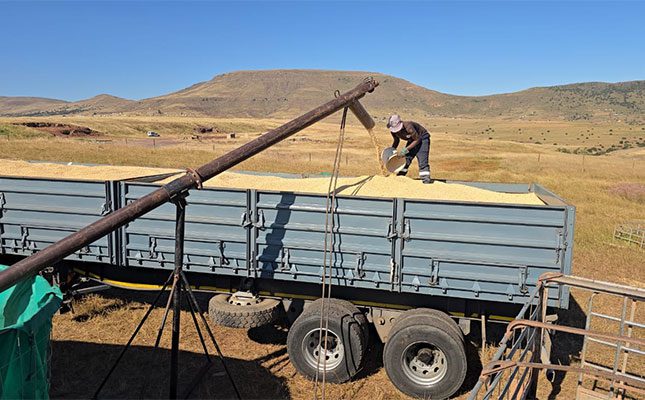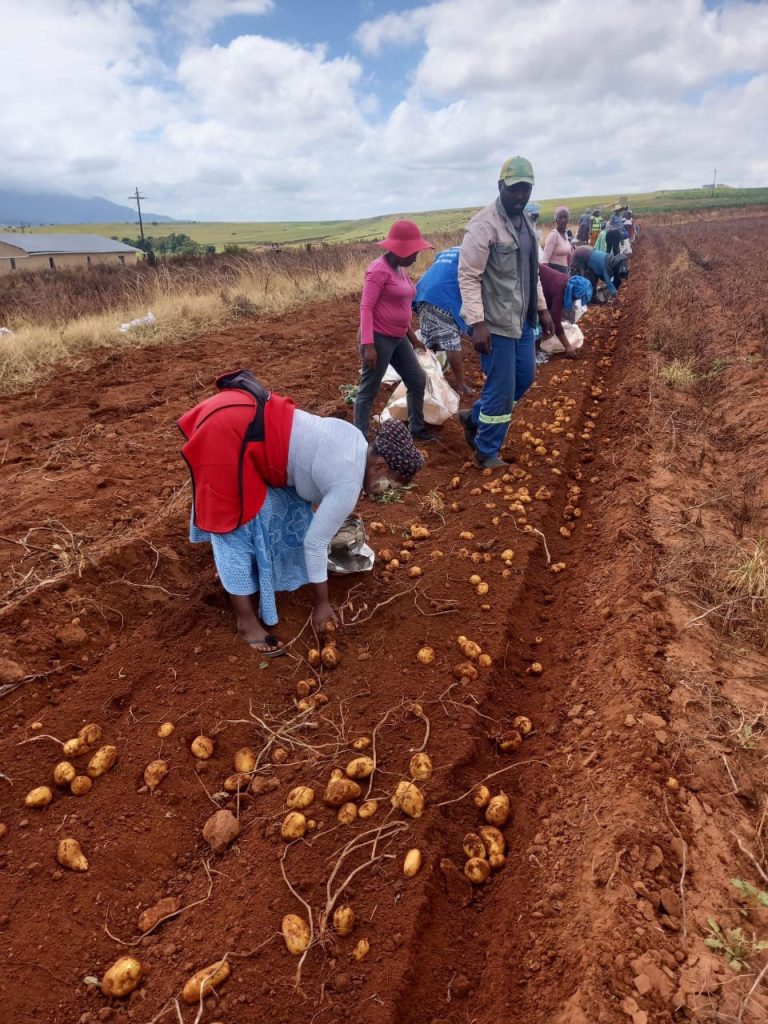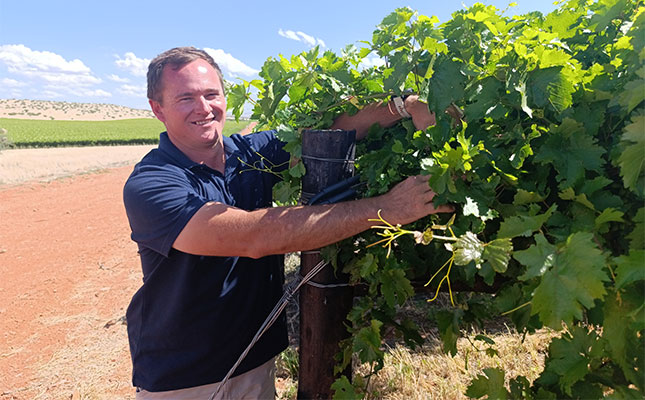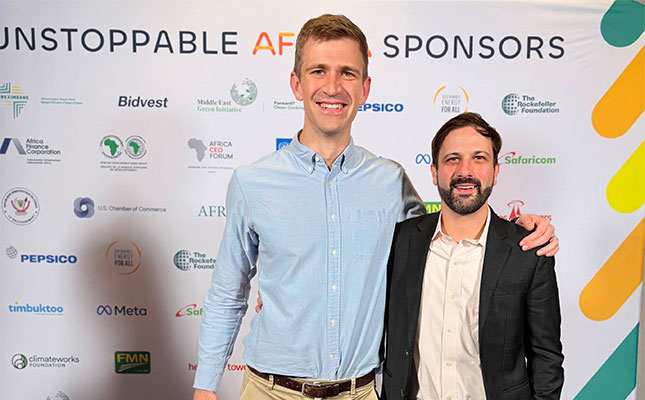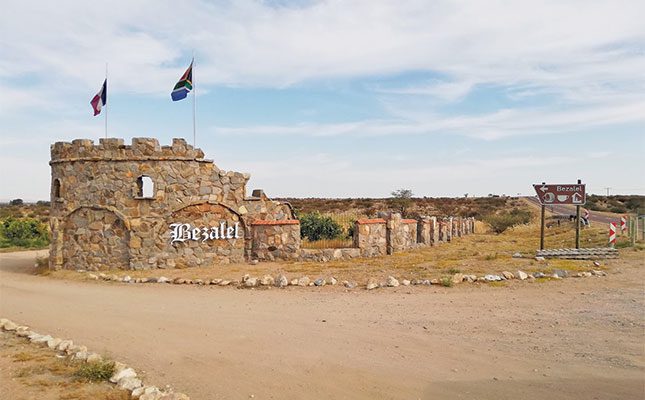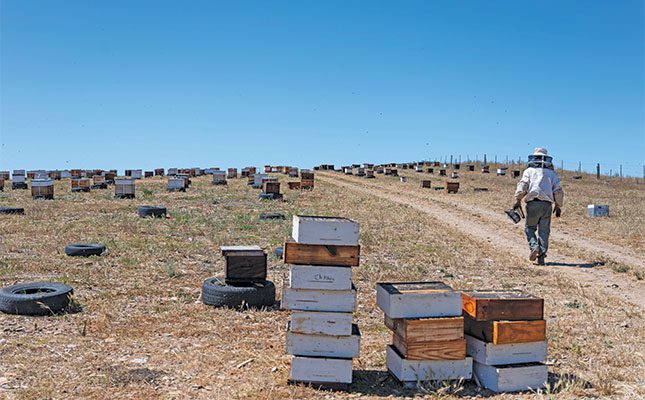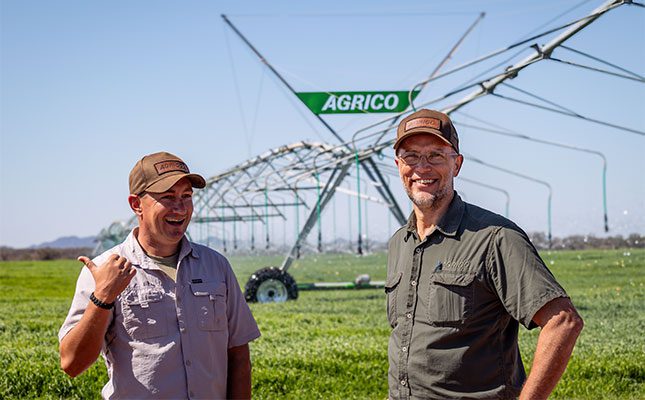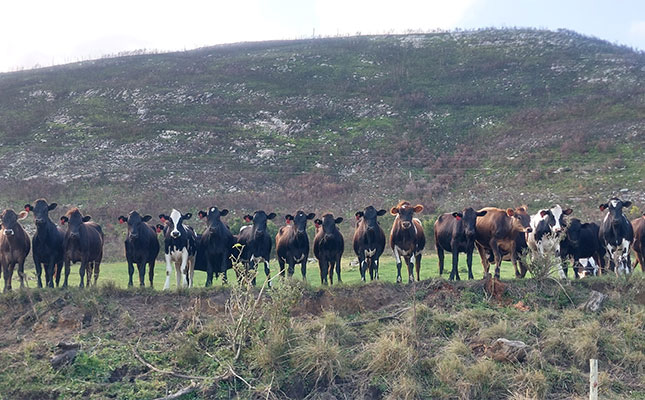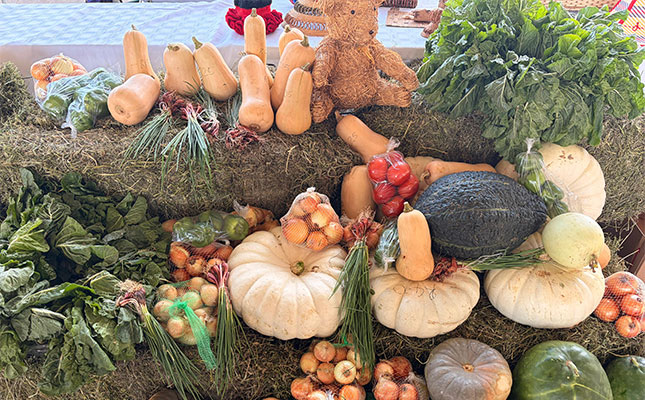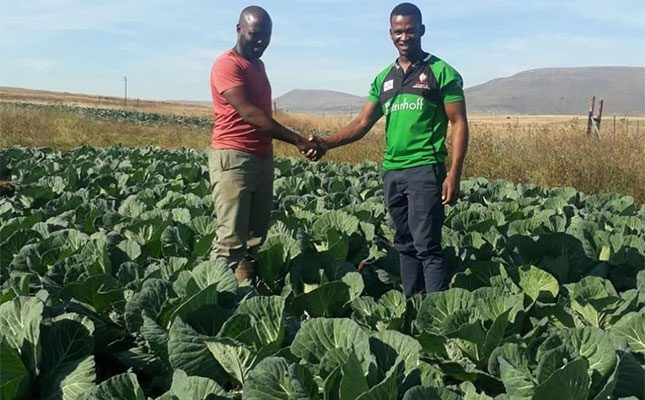
Jay Jay Farming was established in 2015 when brothers Siphe Singasezulu Joyi (34) and Mzimasi Jalisa, currently aged 31, decided to pool their cash resources to start farming.
That first year they managed to plant 1ha of cabbage. Ten years down the line, the farming operation has planted and harvested hundreds of hectares of grain crops, in addition to gradually building up its own machinery fleet and infrastructure.
The brothers produce about 330ha per year of their own crops and are contracted by other local farmers for planting and harvesting of about 200ha more.
“This season we planted 202ha of maize, 130ha of soya bean and 7ha of potato (at an input cost of about R70 000/ha to R80 000/ha).
READ Why soya bean is a popular crop in SA
“The potato crop was harvested in March,” he says, adding there are also 7ha of cabbage and 6ha of green mealies being produced this year. They also have a cattle component and market roughly 15 to 20 weaners per year.
Continuing a legacy
Joyi comes from a long line of farmers, with both his father and grandfather having worked the family farm Misty Mount over the years. He says he has always dreamt about being a farmer.
“When I was a boy at school I would sit and daydream about it … I could never see myself be anything else in life.”
READ Estate planning for farmers: secure your legacy
In 2015 after his father passed away, Joyi took over a small speculating business his father had been pursuing. He managed to raise a small amount of capital and met with his brother, who had a small amount of capital left over from a study bursary.
Together they were able to bring R45 000 to the table, which they invested to establish 1ha of cabbages.
It was at this stage that the brothers also decided to start approaching fellow community members about farming their land for them.
Entrusted with land
Joyi explains that there are large tracts of communal land in the area with each household having a share of about 3ha to 5ha. Their model was to approach individuals and rent the land from them. This is currently at a fee of R500/ha per annum.
“We pay them at the end of the season and part of the agreement is also to employ workers from each of the households we lease from.”
He says households leasing land also get first preference if there are any harvest leftovers.
Joyi says it was not easy to convince community members to come on board in the beginning as there were fears that the brothers may be trying to steal the land. They have spent years building relationships in which the community trusts them to farm the land.
Until now, most of their crop production has taken place on communal land, but Joyi says they also intend revitalising and incorporating lands on the family farm Misty Mount in coming seasons.
Looking forward
Jay Jay Farming has grown from a 1ha bakkie business to a fully-fledged commercial operation with its own mechanisation resources. Its business model is also paying it forward and involving increasing numbers of the local community.
Joyi says they have even bigger plans to bring further growth and employment in their area.
He says their location along the R61 presents great opportunity, with produce from their area in the perfect position for further distribution. Potatoes, in particular, are a key focus in their future growth strategies.
READ A beginner’s guide to planting potatoes in South Africa
“Potatoes have the potential to create many more jobs than a crop like maize. With 1ha of potato you can create 15 to 20 jobs.”
Aside from expanding hectares under production, part of the plan will also include raising capital to establish a packaging plant, as well as exploring further beneficiation.
“We can even go as far as processing our potatoes into chips,” he says.
They also intend adding the high value crop sugar beans to the mix, with plans to establish 5ha to 10ha this season.
Keep working at it
When it comes to being a young farmer, Joyi says in South Africa, there are many old-fashioned ideas of how farming should be done.
“As young farmers, we can see other ways of doing things and opportunities to make agriculture easier, for example by developing and implementing technology on our farms.”
He remains in touch with the boy who dreamed of farming but now has first-hand experience of the realities of succeeding in the industry. He says it is not an overnight get-rich-quick type of business.
“Farming takes time and consistent work. You are not going to see your money tomorrow, and probably not even next year. It takes years of consistency to get there.”
Get trusted farming news from Farmers Weekly in Google Top Stories.
➕ Add Farmers Weekly to Google ✔ Takes 10 seconds · ✔ Remove anytime
